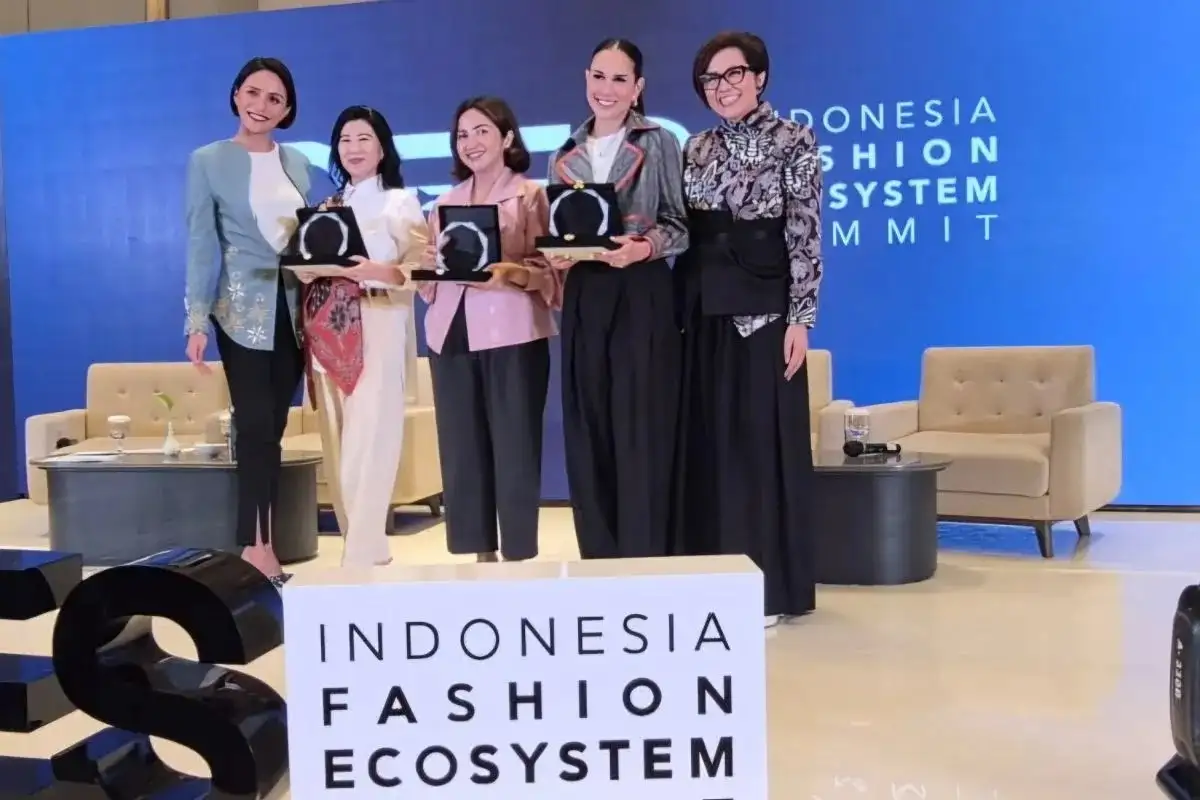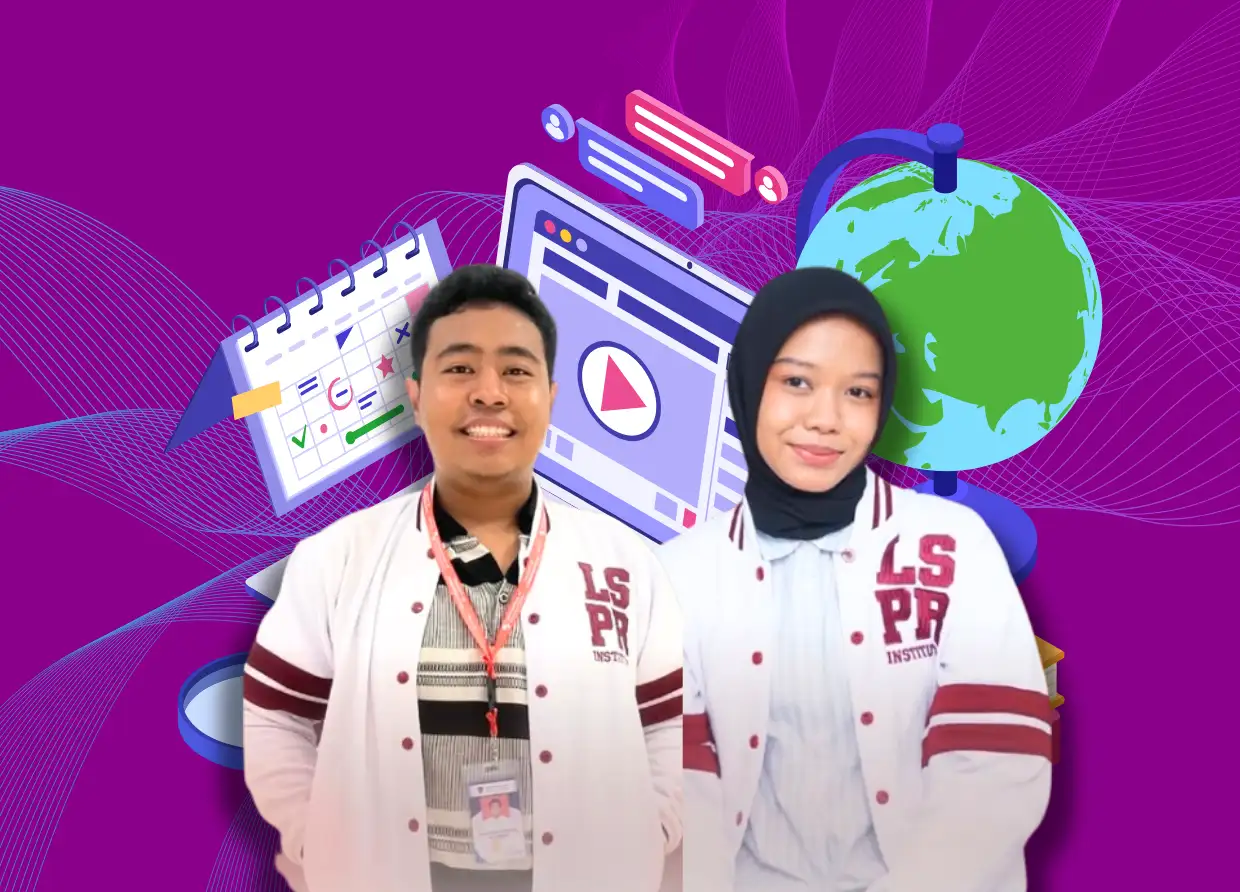THE RISE OF CONSCIOUS UNBOSSING: WHAT IT MEANS FOR EMPLOYMENT TRENDS AMONG GEN Z
Understanding Conscious Unbossing: A Shift in Career Aspirations Among Gen Z Professionals

In a world where workplace dynamics are rapidly shifting, a new trend has emerged that reflects the values and attitudes of the younger workforce: conscious unbossing. While the term may evoke images of celebrity couple Gwyneth Paltrow and Chris Martin's “conscious uncoupling,” its implications stretch far beyond personal relationships. Instead, it signifies a generational shift in how young professionals, particularly Gen Z, view career advancement and management roles.
Recent research by recruitment firm Robert Walters reveals that a staggering 52% of UK Gen Z professionals are eschewing traditional middle-management roles in favor of more individualized career paths. This aversion to management positions isn’t merely a matter of preference; it is deeply rooted in concerns about stress and work-life balance. Many young workers perceive mid-level management as “too high stress, low reward,” with 69% expressing reservations about the overwhelming demands often placed on these roles.
What Does Gen Z Want?
So, what exactly do Gen Z professionals seek in their careers? The survey indicates that a significant 72% favor pursuing an “individual route to advance their career.” This approach emphasizes personal growth, skill accumulation, and the development of a unique professional brand rather than the traditional hierarchical progression within a company. Lucy Bisset, a director at Robert Walters, states, “Many younger professionals are less interested in climbing the company ladder… they feel layers of management create an ‘us vs. them’ attitude.”
This sentiment reflects a broader cultural shift influenced by the COVID-19 pandemic. Many young professionals have entered the workforce in a remote or hybrid capacity, fostering a greater focus on individual capabilities and digital skills. Consequently, they are less inclined to display unwavering loyalty to any single employer.
Bridging the Generational Gap
The divergence in attitudes toward work between generations has sparked conversations about the future of management and corporate culture. Older generations, often characterized by their ambition and loyalty, may struggle to understand this shift. However, it’s crucial for employers to recognize and adapt to these changing expectations.
For employers seeking to attract and retain young talent, it’s essential to create a supportive environment that prioritizes well-being and personal development. Here are some practical employment tips based on these insights:
- Emphasize Flexibility: Offer flexible working arrangements that cater to the individual needs of employees, fostering a better work-life balance.
- Encourage Personal Branding: Support employees in developing their personal brands and skills, which can contribute to their professional growth.
- Foster Open Communication: Create an inclusive culture that encourages open dialogue between all levels of staff, minimizing the perceived barriers of hierarchy.
- Prioritize Well-Being: Implement wellness programs that address the mental health and well-being of employees to alleviate stress and burnout.
- Adapt Management Styles: Consider adopting management approaches that focus on mentorship and collaboration rather than traditional top-down leadership.
As conscious unbossing becomes a defining characteristic of the modern workplace, understanding and addressing the desires of Gen Z professionals will be crucial for employers. By embracing flexibility, fostering personal growth, and rethinking management structures, organizations can not only attract young talent but also cultivate a thriving workforce for the future.
#THE S MEDIA #Media Milenial #conscious unbossing #Gen Z #career aspirations #middle management #personal branding #workplace dynamics #employee well-being #recruitment trends #remote work #corporate culture #mental health #flexible working arrangements #career growth #management styles #talent retention


























